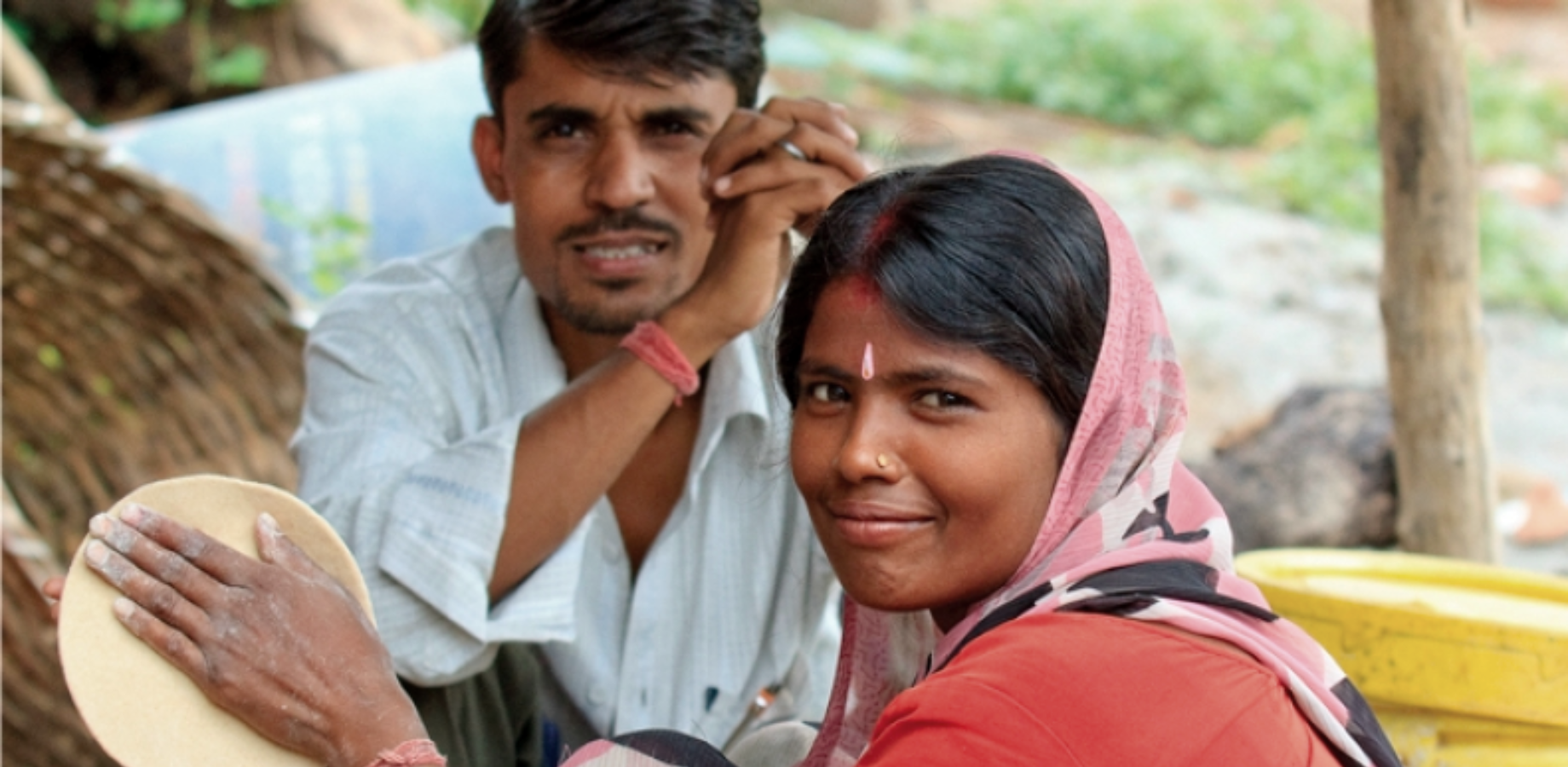
The Evidence Project, led by the Population Council and with support of partners International Planned Parenthood Federation, PATH, and Population Reference Bureau, used implementation science to pinpoint how family planning and reproductive health services can operate more effectively, equitably, and at scale.
Working with local, national, and global stakeholders, the project promoted the use of this evidence and existing high-impact practices to improve and scale up service delivery and access to vital information and contraceptive services—critical issues for effectively reducing unintended pregnancies and meeting family planning needs around the world. The project addressed gender, equity, rights, and accountability across all activities.
The Evidence Project:
- Expanded the range and availability of contraceptives to improve client choices and health outcomes
- Supported shifts in contraceptive service provision to lower-level providers
- Developed measures to assess rights-based family planning at the service delivery level
- Mapped the ways in which social accountability methods can improve family planning programs
- Strengthened reproductive health in workplace health standards, services, and programs
- Responded to rapidly changing social norms and contraceptive behaviors, with an eye to contextual factors



